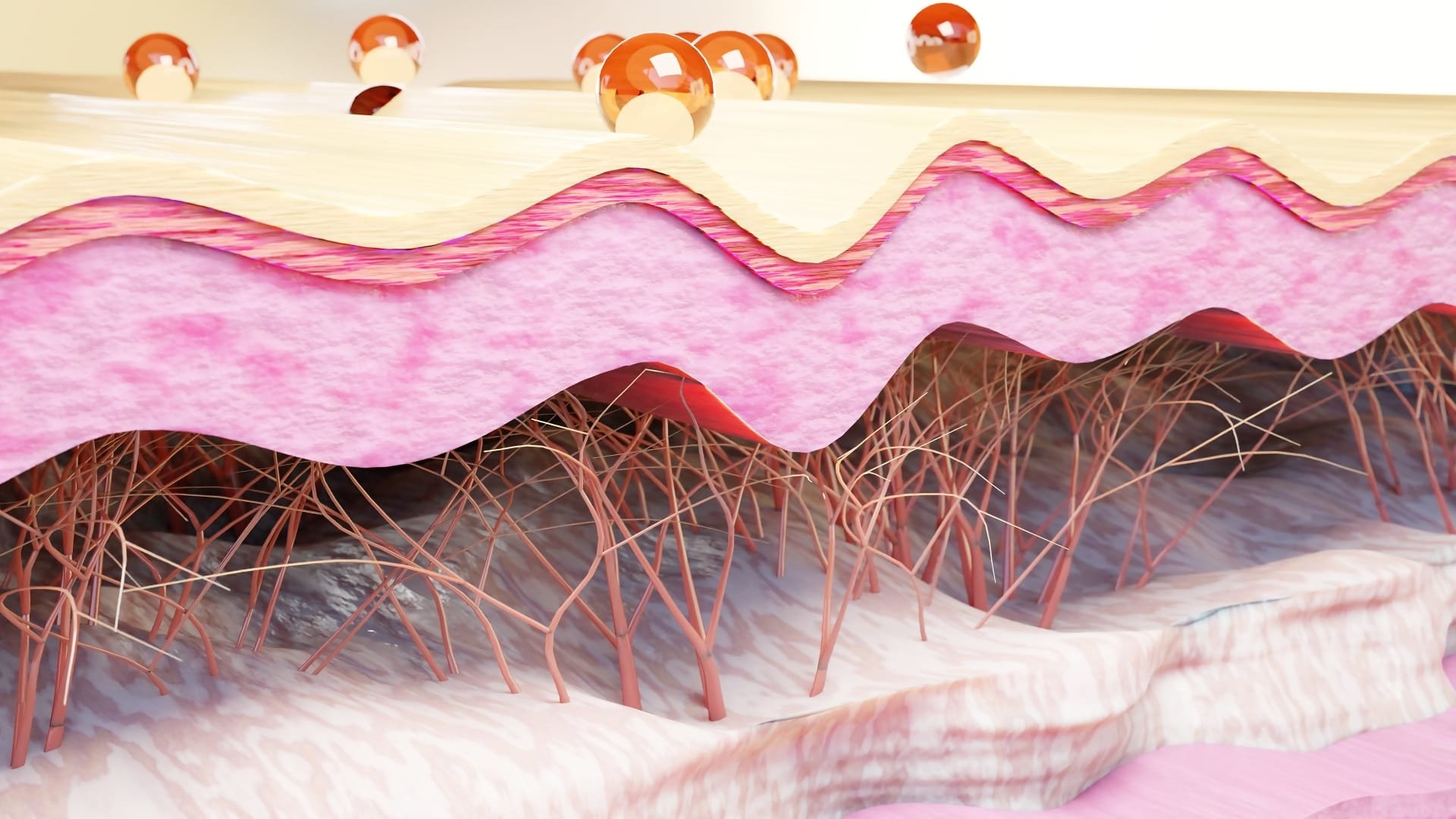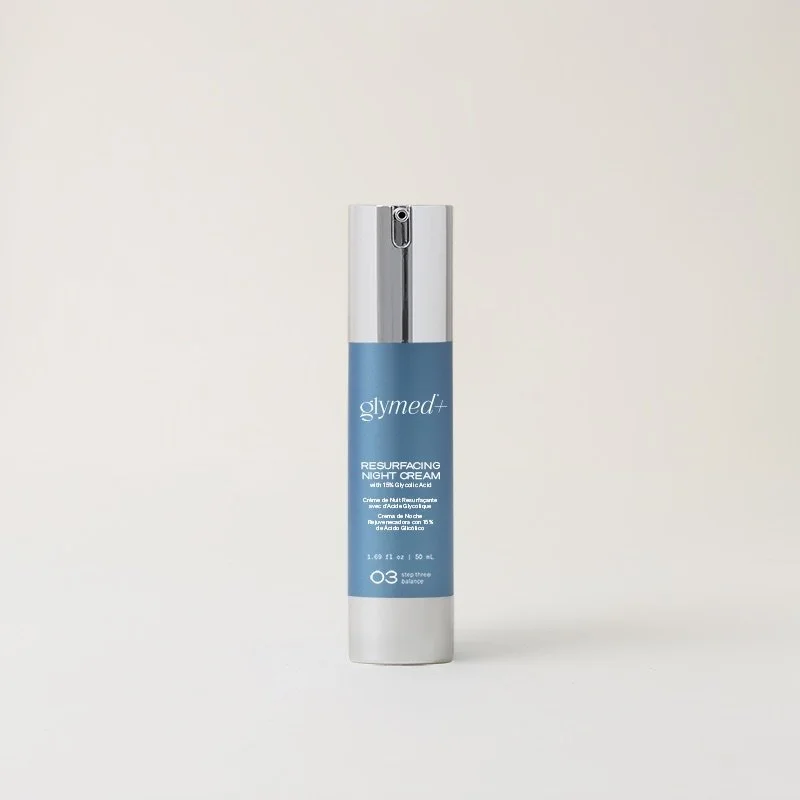The Importance of Elastin in Maintaining Healthy, Youthful Skin
We include products we think are useful for our readers. If you buy through links on this page, we may earn a small commission
Elastin, a key component of our skin, often takes a backseat when we discuss skincare. However, understanding its vital role can illuminate why maintaining its health is crucial to preserving a youthful and vibrant complexion.
Often overshadowed by its counterpart, collagen, elastin deserves its moment in the spotlight. This protein plays a starring role in keeping our skin flexible and resilient, literally enabling it to bounce back from whatever life throws at it.
If you’ve ever wondered why some people seem to defy the hands of time, maintaining an eternal youthful glow, the answer may lie in the quality of their 'elastin in skin'.
In this article, we'll explore the science behind elastin, its function in our skin, and how we can protect and boost it for age-defying results.
What is elastin?
Elastin is a highly elastic protein found in the connective tissue of the skin. It's responsible for allowing our skin to resume its shape after being stretched or contracted, much like a spring.
Elastin is what gives our skin its firmness and elasticity, working in tandem with collagen, another crucial protein in our skin that provides structure and strength.
Interestingly, while collagen is more abundant in our skin, making up about 70% of it, elastin makes up just 2%. However, this small percentage plays a significant role in keeping our skin youthful and resilient. Elastin fibers form a matrix with collagen, providing the skin with its unique properties of elasticity and resilience.
Why is elastin important?
As we age, our bodies naturally produce less elastin, leading to a loss of skin elasticity. This can result in sagging skin, wrinkles, and fine lines. According to studies, we lose about 1% of the elastin in our skin each year once we are in adulthood.
The importance of elastin cannot be overstated: without it, our skin would not be able to bounce back to its original shape, leading to permanent deformation. This is why understanding elastin and how to protect it is vital for maintaining healthy, youthful-looking skin.
Related: How To Increase New Collagen Production
Causes of elastin loss
There are several factors that can cause a loss of elastin in the skin. Aging is the most common factor, but sun exposure, unhealthy lifestyle choices such as smoking, poor diet, and environmental stressors can also contribute to elastin degradation.
Sun Exposure
Ultraviolet (UV) radiation from the sun can damage the elastin fibers in the skin, causing them to break down and leading to premature aging. This process is called photoaging, and it can cause wrinkles, age spots, and sagging skin.
Excessive sun exposure can also lead to the development of a condition known as actinic elastosis, in which thickened bands of elastin form in the skin’s upper layers. This can accelerate the aging process, making your skin look older than it is.
Lifestyle Choices
Smoking, poor diet, and other unhealthy lifestyle choices can harm elastin production. Smoking leads to the breakdown of collagen and elastin through oxidative stress, while an inadequate intake of nutrients can deprive your skin of the building blocks it needs for healthy elastin production.
Environmental Stressors
Pollutants, such as smog and smoke, can damage elastin fibers in the skin. In addition, certain drugs and medical treatments—such as those used to treat cancer—can also affect elastin production.
Stress
Stress is another factor that can contribute to elastin breakdown. Stress hormones, such as cortisol, can compromise the skin’s collagen and elastin levels, leading to wrinkles and sagging skin.
Related: Stress Wrinkles: How They Form and How to Prevent Them
How to protect elastin in skin
Fortunately, there are steps you can take to protect your elastin and keep your skin looking youthful. These include:
Wearing sunscreen. Sunscreen should be applied every 2 hours to protect your skin from UV radiation and other environmental stressors.
Eating a nutrient-dense diet. Consuming a balanced diet rich in vitamins, minerals, and antioxidants can nourish the skin and promote healthy elastin production.
Avoiding smoking. Smoking accelerates the aging process and can reduce elastin production in the skin.
Managing stress levels. Stress can take a toll on your skin, so it’s important to find ways to relax and manage stress levels.
Exercising regularly. Exercise will help keep your blood flowing, delivering vital nutrients to the skin for healthy cell renewal and collagen production.
Establish a skincare routine. An effective and customized skincare routine can help your skin stay hydrated, nourished, and protected from environmental damage.
Resurfacing Night Cream with 15% Glycolic Acid
This cream stimulates new collagen and elastin production below the skin surface, which corrects free radical damage and reduces fine lines and wrinkles.
How to boost elastin production
In addition to protecting your existing elastin, there are a few ways to naturally boost its production.
Retinol
Retinol is a form of vitamin A that can help stimulate collagen and elastin production in the skin. It works by increasing cell turnover, which helps the skin shed its dead cells more quickly and promotes the growth of new, healthy ones. This process helps to thicken the dermis (the inner layer of the skin) for a firmer and more supple complexion.
Peptides
Peptides are short chains of amino acids that can help with skin renewal and collagen production. These molecules send signals to the body to produce new proteins, which in turn help stimulate elastin production.
Antioxidants
Antioxidants help to reduce oxidative stress in the skin, which can damage collagen and elastin. Vitamins C and E are particularly effective at protecting the skin from free radicals. Vitamin C also helps with collagen production, while vitamin E has moisturizing properties that can help keep the skin hydrated.
Protective Skin Serum with Ceramides
This ultra light and nourishing formula drenches the skin in humectants, ceramides, antioxidant vitamins A, B, and C as well as other age fighting nutrients to protect the cells and combat the aging effects of free radical damage and daily lifestyle imbalances.
Massage
Massaging your face can help increase blood flow, which helps to nourish and rejuvenate the skin. This in turn can help stimulate elastin production for a more youthful complexion.
Professional Treatments
If you’re looking for more intensive treatments to boost elastin, there are a few professional options.
Treatments like microneedling, a microcurrent facial, DermaSound, and LED light therapy can all stimulate collagen and elastin production in the skin.
Reach out to me for advice on which treatment may be best suited for your skin concerns.
Conclusion
In conclusion, elastin is a crucial component of our skin that helps maintain its firmness and elasticity. By understanding what elastin is and how to protect it, we can take steps to maintain healthy, youthful-looking skin.
Remember, it's never too early or too late to start taking care of your skin. For personalized advice on maintaining your skin's health, don't hesitate to reach out to me.
Happy skin-caring!





